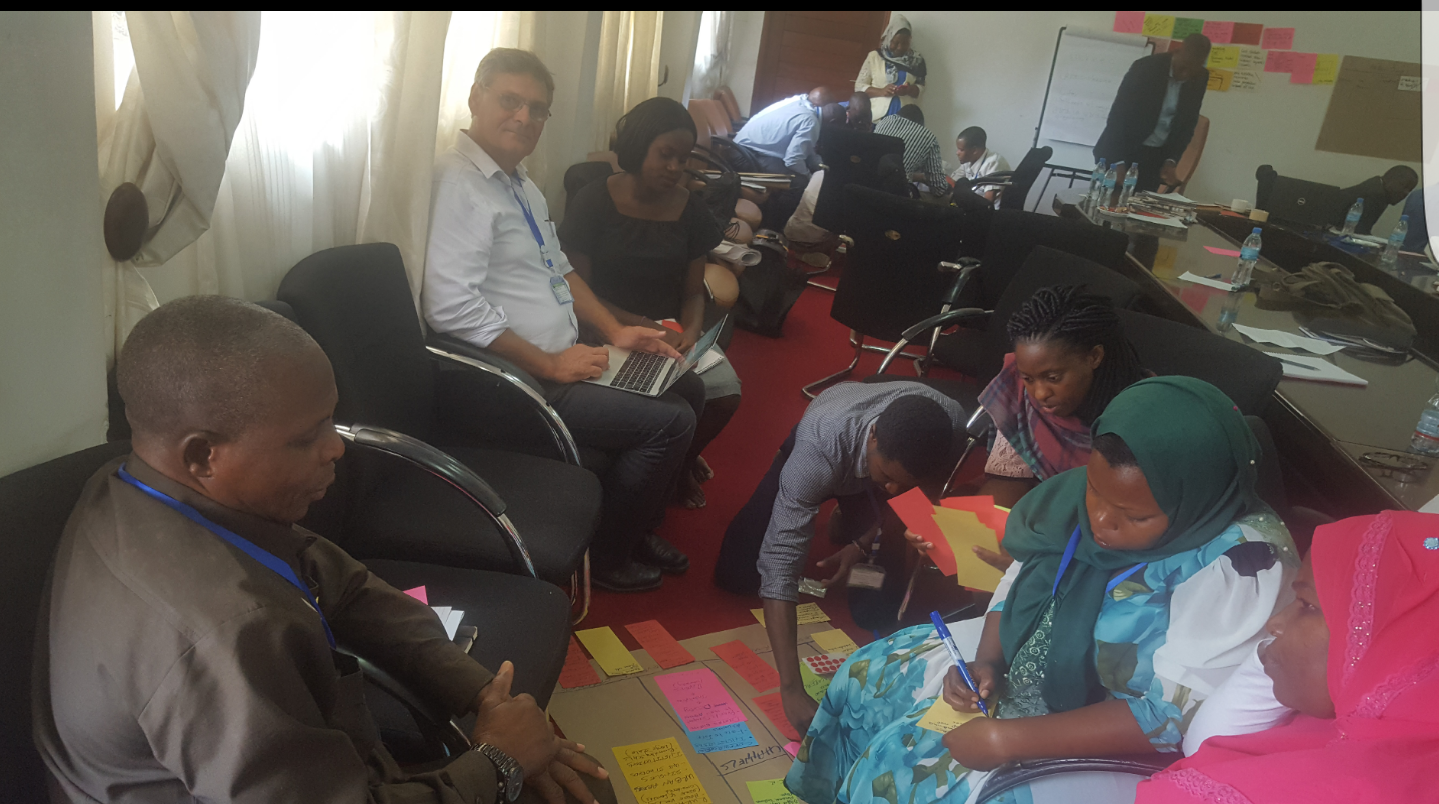CREEC ATTENDS DFID TRAINING ON GENDER,ETHICS AND BUSINESS MODELLING IN TANZANIA
Starting 30th July 2018-2nd August 2018, four members of staff from CREEC participated in the African Clean Energy Research Alliance (ACERA) training on gender, ethics and business modelling organized by the Dar es salaam Institute of Technology in Tanzania. The training addressed issues like gender, and ethics in project management and the influence a business model has on a successful project. The training was organized by The African Clean Energy Research Alliance (ACERA), consisting of:University of Leeds (UK), Université Marien Ngouabi (Congo Brazzaville), Dar es salaam Institute of Technology (Tanzania), College of Engineering, Design, Art and Technology in Makerere University and Centre for Research in Energy and Energy Conservation CREEC) and this is the second training by the corsortium after the project management training implemented by CREEC -Uganda in April 2018.
Prof JonLovett the PI of the DFID project funded by the Royal society participates in a group activity with trainees in Tanzania.
The ACERA consortium’s project, titled “Solar treatment of biomass for power generation using carbon slurries in hybrid renewable energy systems”, includes three PhD students (one at each African institution), research at the partner organizations, exchange of researchers and training of a more vocational nature in renewable energy technologies, entrepreneurial skills as well as dissemination and communication of results.
Participants were delt deeply with the importance of gender in project management and how it is an important to be greatly be considered when writing concepts to donors, when implementing projects and also when selecting people to be participate in renewable energy projects so as to ensure equal opportunity and exposure.
 A participant working on a biogas business model during the training
A participant working on a biogas business model during the training
Developing ethical acumen is also not only an essential personal skill but it is also a vital business skill. Participants were also made to understand that high standards of ethical behaviour in handling projects and funders not only benefits a business but it also makes a high impact in the success of a project and ensures that the quality of the delivery of projects is raised, society benefits because project managers have completed their work to a high standard, not just on schedule or within budget, but with ethical responsibility.
One of the key highlights from the training was when participants were encouraged to make groups and make a business model for a business and with this they were also trained on how to make proper and feasible business models with the customer/client being at the heart of the modelling plan. The training created an active learning environment where participants were empowered to make make decisions, learn from mistakes and create sustainable solutions.


